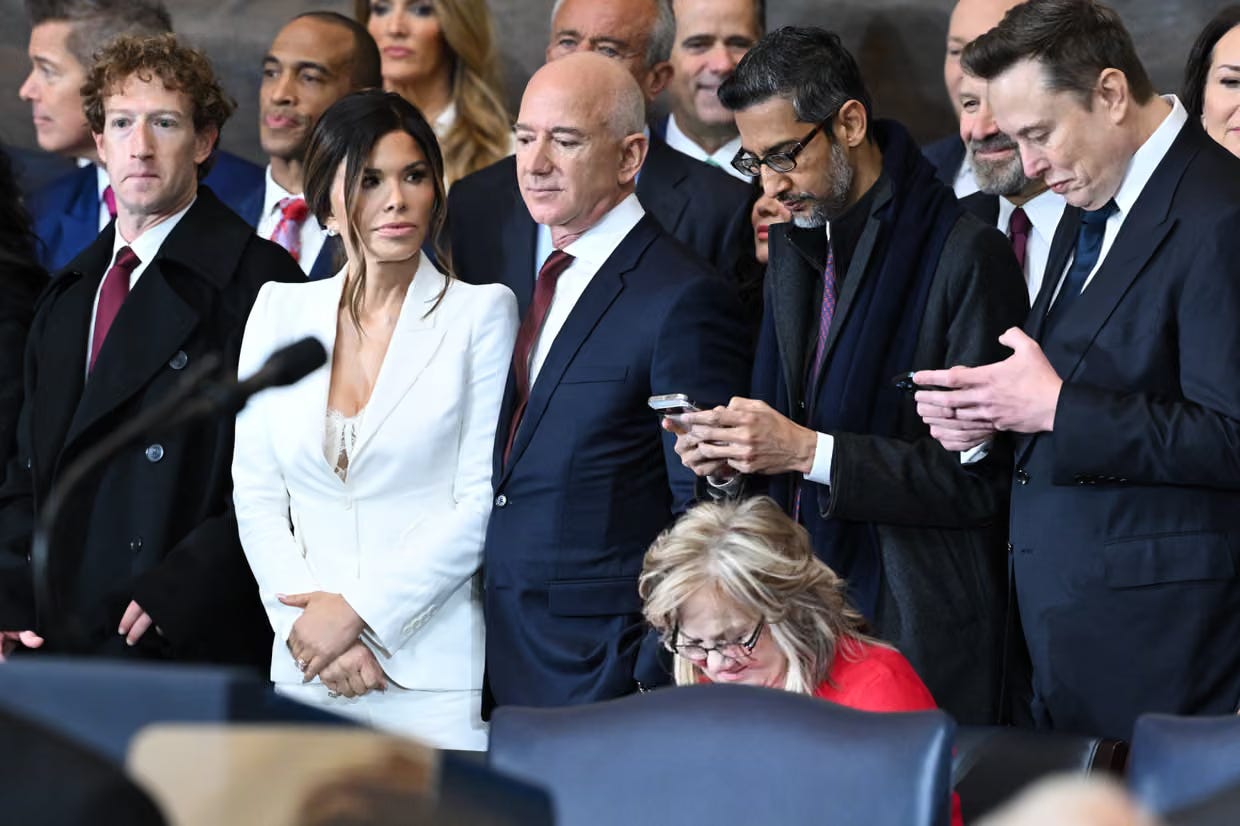Top 10 America’s Billionaires Collective Wealth grew by $698 Billion, While the Rest of the Country's People Fell Further Behind
While millions of families struggle to pay rent, feed their children, and afford basic healthcare, America’s top ten billionaires have quietly grown $698 billion richer in just one year.

A new report by Oxfam America has delivered a sobering message about the state of wealth and inequality in the United States: while a small handful of billionaires have seen their fortunes ba…



